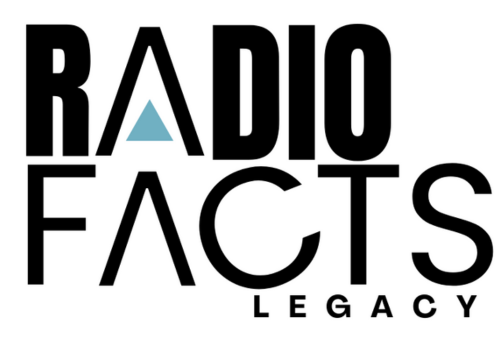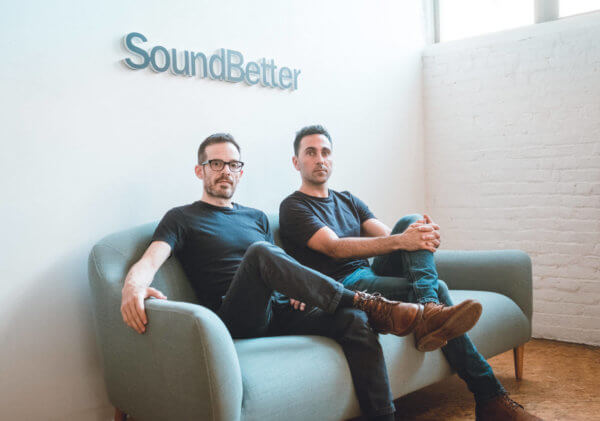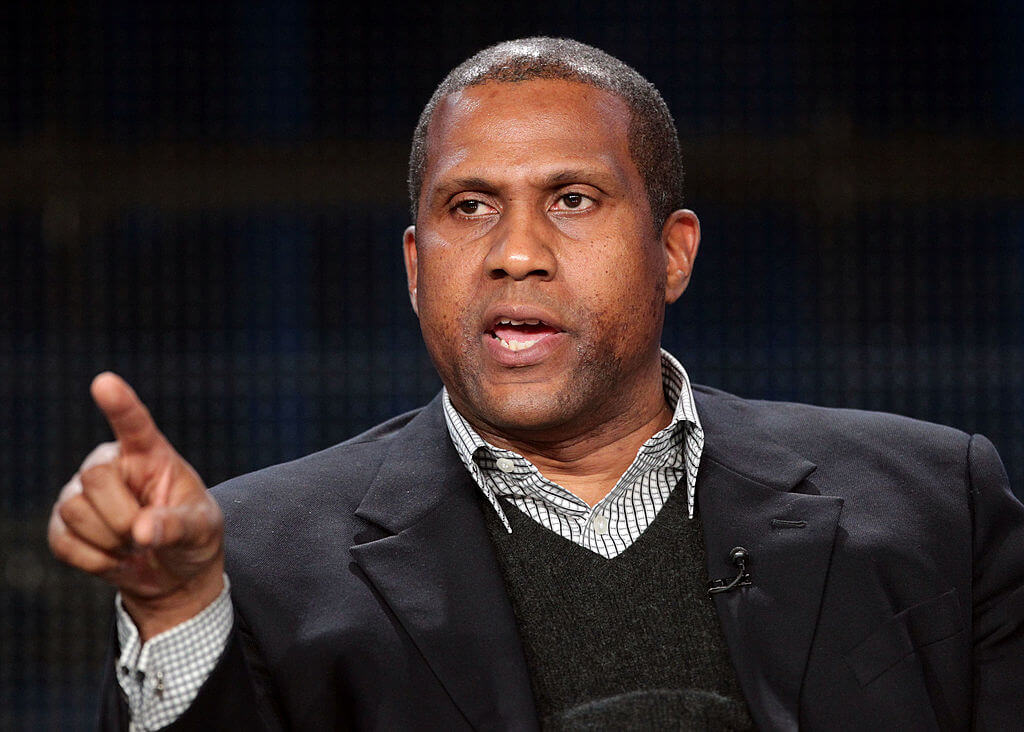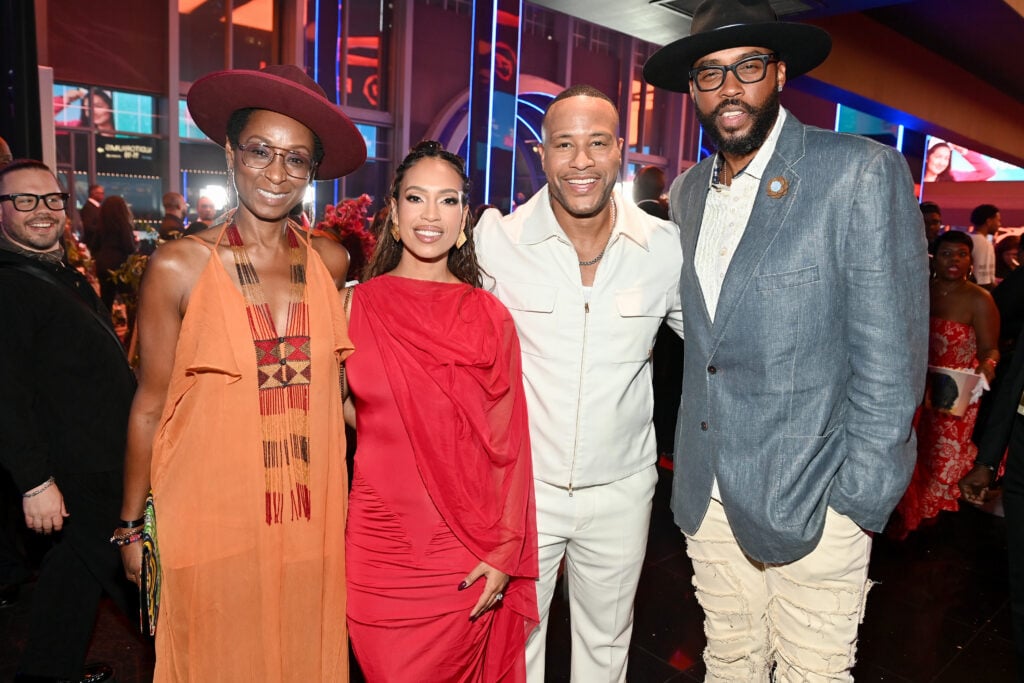Background of the Controversy
Rabbi Michael Barklay authored an article titled “Let’s Be Honest: Candace Owens is a Jew-Hating Bigot,” publid by PJ Media. This article led to a heated dialogue between Barklay and Owens regarding accusations of anti-Semitism and the interpretation of certain remarks made by Owens.
Definition of Anti-Semitism
Rabbi Michael Barklay emphasized the unique nature of anti-Semitism, defining it as the belief that Jews have no right to exist collectively as Jews with the same rights as other human beings. He referenced Lord Jonathan Sacks, who described anti-Semitism as a form of hate that mutates over time, from religious intolerance in the Middle Ages to racial hatred in the 18th and 20th centuries, and currently as anti-Zionism.
Candace Owens’ Response
Owens defended herself by asserting that her remarks were taken out of context and mischaracterized. She played clips from her appearances on various platforms to clarify her statements, emphasizing that had condemned Hamas’ actions and never made a moral equivalency between Hamas and Israeli actions.
Key Disagreements
- Interpretation of October 7th Events: Rabbi Barklay asserted that the atrocities committed by Hamas on October 7th were uniquely evil and incomparable to any other events, including the casualties in Gaza. Owens, while condemning the attacks, did not agree with the idea of unique evilness, instead emphasizing the general evilness of civilian casualties.
- Use of Historical Tropes: Rabbi Barklay accused Owens of perpetuating anti-Semitic tropes, particularly regarding the control of Hollywood by Jewish people. Owens countered by pointing out that similar statements had been made by Jewish individuals themselves and that her comments were misinterpreted.
- Defense Against Attacks: Owens defended her right to respond to personal attacks from Rabbi Shmuley Boteach and his daughter. Barklay argued that Owens’ language in her responses crossed the line into anti-Semitism.
Conclusion
The dialogue highlighted deep-seated disagreements on the definition and interpretation of anti-Semitism, the nature of certain historical references, and the appropriate way to respond to personal attacks. Despite the contentious nature of the conversation, both parties expressed a willingness to continue the dialogue in hopes of reaching a better understanding.






